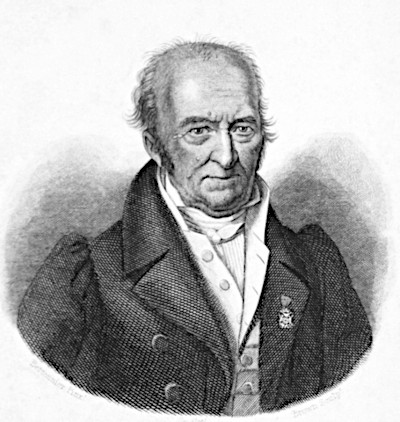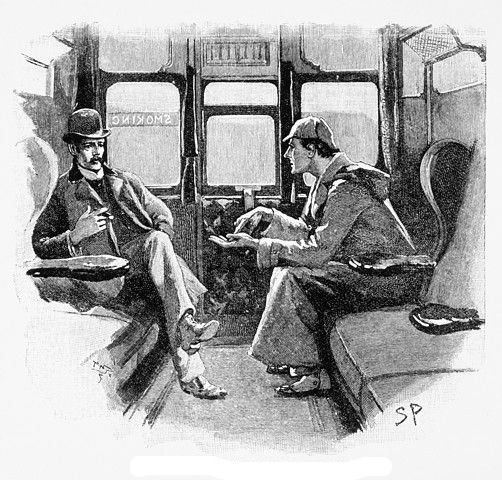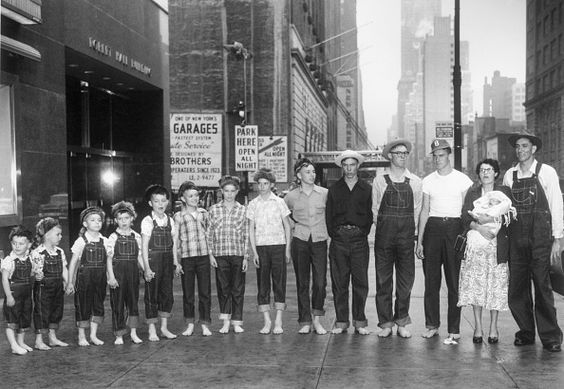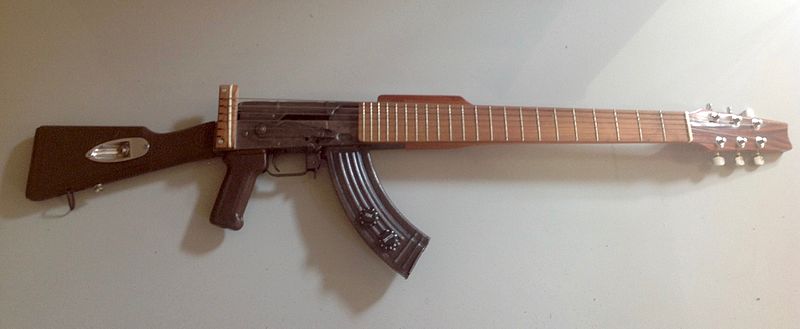In Book 11 of the Odyssey, Odysseus encounters his mother in Hades and asks her seven questions. She answers all seven, but strangely in reverse order:
A – What killed you?
B – A long sickness?
C – Or Artemis with her arrows?
D – How is my father?
E – How is my son?
F – Are my possessions safe?
G – Has my wife been faithful?
G – Your wife has been faithful.
F – Your possessions are safe.
E – Your son is thriving.
D – Your father is alive but in poor condition.
C – Artemis did not kill me with her arrows.
B – Nor did a sickness kill me.
A – But my longing for you killed me.
This reversal is called chiasmus, and it appears throughout oral literature. Apart from its aesthetic effect, it’s thought that it may have helped ancient poets to remember long passages and to recall the structure of a complex story. Of the Iliad, classicist Cedric Whitman writes, “Not only are certain whole books of the poem arranged in self-reversing, or balancing, designs, but the poem as a whole is, in a way, an enormous hysteron proteron, in which books balance books and scenes balance scenes by similarity or antithesis, with the most amazing virtuosity.”
Some of these patterns are wrought on such a huge scale that it’s hard to believe that a listening audience could even recognize them. Why then offer them? Whitman gives two reasons. One, a poet might perform a feat of virtuosity for its own sake, even if the audience overlooks it. And two, “The human mind is a strange organ, and one which perceives many things without conscious or articulate knowledge of them, and responds to them with emotions necessarily and appropriately vague.”
(Cedric Whitman, Homer and the Heroic Tradition, 1958; and Steve Reece, “The Three Circuits of the Suitors: A Ring Composition in Odyssey 17-22,” Oral Tradition, 10:1 [1995], 207-229.)





